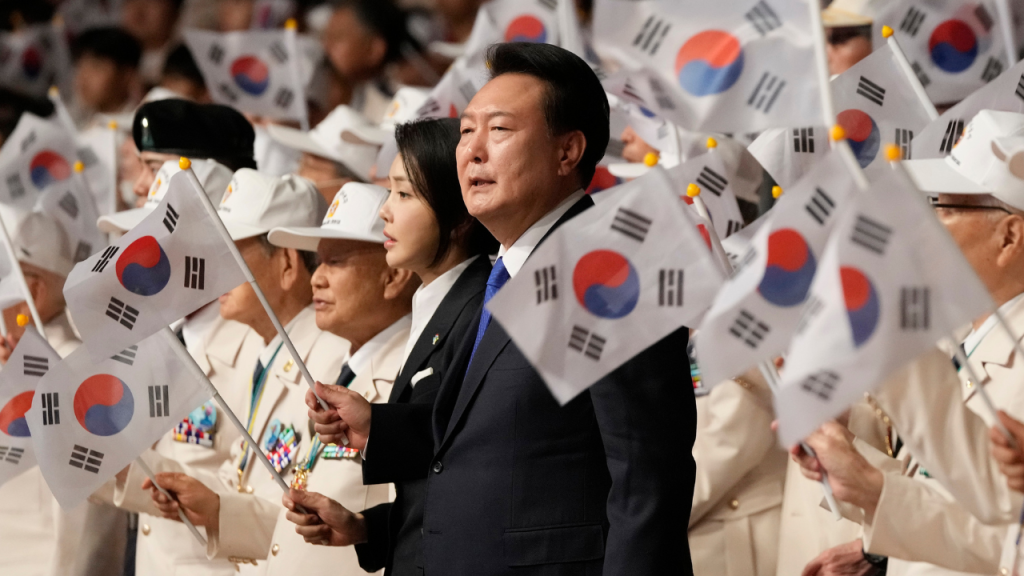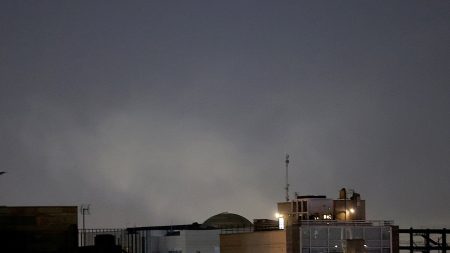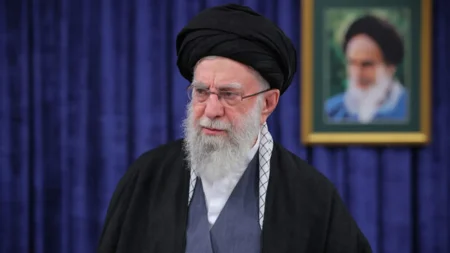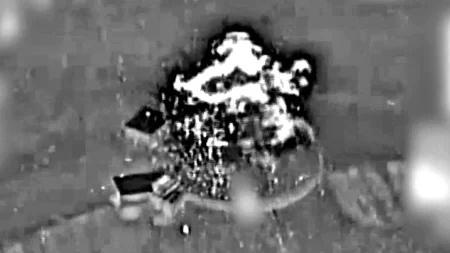South Korean President Yoon Suk Yeol’s presidency has been embroiled in controversy, narrowly escaping impeachment after ordering the arrests of political opponents, including the leader of his own party, under martial law. While he apologized for his actions, attributing them to desperation, the incident has left a significant stain on his reputation and raises questions about his future. This near-impeachment highlights a recurring pattern in South Korean politics, where presidents often face scandals and legal challenges, leaving a legacy of instability and tarnished reputations.
South Korea’s seemingly flawless democratic facade hides a turbulent history. Of the thirteen heads of state since World War II, the early leaders faced tumultuous ends, including forced resignations, coups, and assassination. Even the democratically elected presidents, including Yoon, have been plagued by scandals, highlighting the precarious nature of executive power in the country. Kim Dae-jung, a Nobel Peace Prize laureate, faced posthumous criticism for alleged bribery in arranging an inter-Korean summit. This trend of presidential downfall raises serious questions about the structural and cultural factors at play within South Korea’s political system.
The list of presidential misfortunes in South Korea is extensive and alarming. Impeachments, convictions, imprisonments, and even suicide have marked the post-presidential lives of several leaders. The frequency of these events is statistically improbable, suggesting systemic issues within the South Korean political landscape. This pattern extends beyond individual failings and points to a deeper problem within the structure of power and the culture surrounding it. The sheer number of presidents facing legal repercussions or tragic ends paints a disturbing picture of South Korean politics.
Experts point to the “imperial presidency” in South Korea, where the executive branch wields significant unchecked power. This concentration of authority can foster a sense of invincibility and lead to hubris, as seen in Yoon’s recent actions. Coupled with the deeply ingrained Confucian values of loyalty and obedience, the president operates within an environment where dissent is discouraged, and unquestioning adherence to authority is expected. This creates a dangerous combination where the president is insulated from criticism and potentially shielded from accountability.
The cultural context plays a critical role in understanding this phenomenon. While South Korea’s economic and cultural achievements are undeniable, the same cultural traits that drive success – loyalty, deference to authority, and strict discipline – can also create a breeding ground for unchecked power. This contrasts sharply with the North Korean context, where similar values manifest in extreme devotion to the ruling dynasty. In the South, these values, while contributing to economic and cultural dynamism, also create an environment where challenging the president is almost taboo, potentially enabling abuses of power.
President Yoon’s actions and the subsequent fallout provide a stark illustration of these dynamics. He, like many of his predecessors, may have succumbed to the intoxicating effects of unchecked power, exacerbated by a culture that discourages dissent. While the immediate crisis has been averted, the long-term consequences for his presidency and South Korean democracy remain uncertain. The recurring pattern of presidential scandals underscores the urgent need for reforms to address the structural and cultural factors that contribute to this instability.















